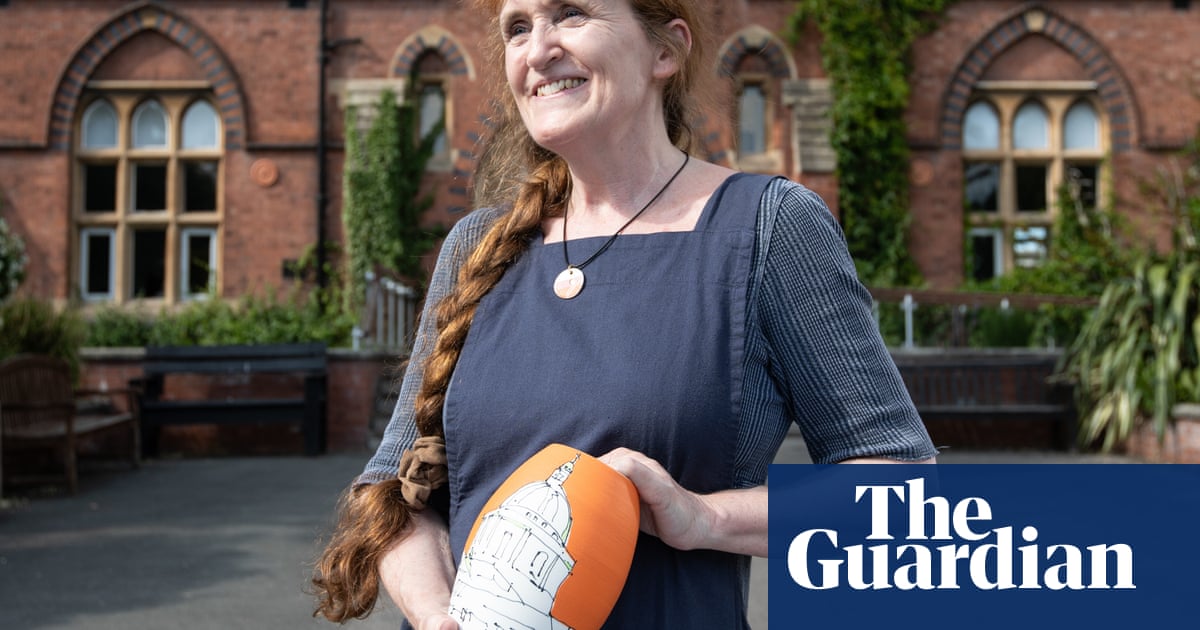AI could speed up the diagnosis of coeliac disease, according to research.
Coeliac disease is an autoimmune condition affecting just under 700,000 people in the UK, but getting an accurate diagnosis can take years.
It is caused by consuming gluten – found in wheat, rye and barley – and symptoms include stomach cramps, diarrhoea, skin rashes, weight loss, fatigue and anaemia.
Untreated coeliac disease can lead to more serious complications such as malnutrition, osteoporosis, anaemia and infertility, as well as an increased risk of certain cancers and other autoimmune conditions.
At present, most adults are diagnosed through a blood test for the presence of antibodies to gluten, followed by a biopsy of the duodenum. Pathologists then check the biopsy sample for damage to the villi, tiny hair-like projections lining the small intestine that enable the absorption of nutrients.
Now scientists at the University of Cambridge have developed an AI tool that could speed up diagnosis rates and free up pathologists’ time for more complex cases. The algorithm was trained and tested on more than 4,000 images obtained from five different hospitals, using five different scanners from four different companies.
The study, published in the New England Journal of Medicine AI, found that the algorithm was as effective as a pathologist in diagnosing coeliac disease. And crucially, the machine-learning algorithm was substantially faster compared with a pathologist.
Elizabeth Soilleux, a consultant haematopathologist and professor of pathology at the University of Cambridge, a senior author of the research, said: “It can take many years to receive an accurate diagnosis, and at a time of intense pressures on healthcare systems, these delays are likely to continue. AI has the potential to speed up this process, allowing patients to receive a diagnosis faster, while at the same time taking pressure off NHS waiting lists.”
According to Dr Florian Jaeckle, a co-author of the research, it takes a pathologist five to 10 minutes to to analyse each biopsy, whereas the AI model can diagnose coeliac disease straight away.
“Duodenal biopsies (and in particular tests for coeliac disease) are often put at the back of the pathologist’s lists as they are not as serious as for example a possible cancer case, meaning that patients often have to wait weeks or even months to find out if they have coeliac disease,” he said. “With AI they could get a result almost instantly, because it is able to generate results in less than a minute and as soon as a biopsy is scanned. Therefore, there would never be a waiting list with AI.”
The study was funded by Coeliac UK, Innovate UK, the Cambridge Centre for Data-Driven Discovery and the National Institute for Health and Care Research.
Responding to the findings, Dr Bernie Croal, the president of the Royal College of Pathologists, said the new AI tool, “has the potential to radically transform how we diagnose coeliac disease, benefiting patients by speeding up diagnosis, improving health outcomes and shortening waiting lists”.
“While the advent of AI in pathology is very exciting, and the NHS could be a world leader in the development and use of AI in pathology, more work will be needed to get to the point where AI is fully developed and used safely in the NHS. Investment in digital pathology, joined up functional IT systems, which facilitate information sharing across organisations, as well as training for pathologists to understand and use AI, will all need to be put in place.”

 2 months ago
62
2 months ago
62

















































